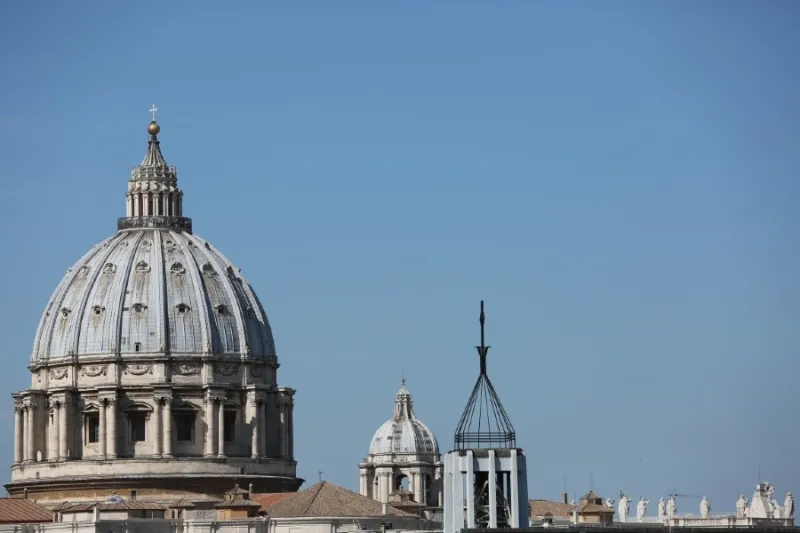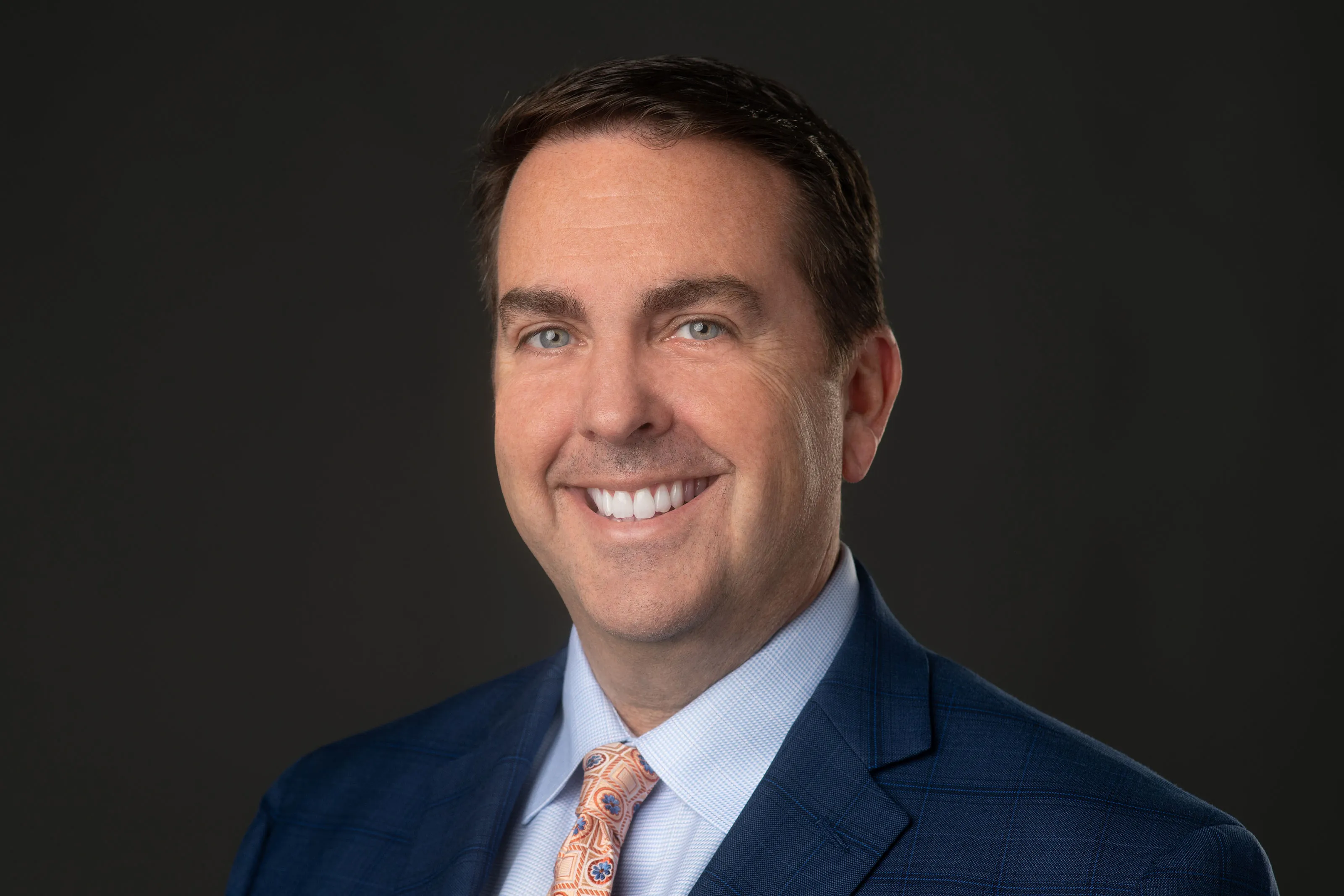
Washington D.C., May 29, 2018 / 04:01 pm (CNA/EWTN News).- The Supreme Court will not hear Planned Parenthood’s challenge to a 2015 law in Arkansas that requires doctors administering abortion pills to have contracts with physicians with hospital admitting privileges.
The court on Tuesday denied certiorari to Planned Parenthood of Arkansas & Eastern Oklahoma v. Jegley, a suit filed shortly after the law was passed.
The law states that any physician who “gives, sells, dispenses, administers, or otherwise provides or prescribes the abortion-inducing drug” would have to have contracts with another physician who has admitting privileges at a hospital. Proponents of the law argue that it is necessary to ensure that women who may experience a complication from their abortion are able to receive medical care.
This order means the law will stand as is, and two Planned Parenthood locations in the state announced May 29 that they will no longer be performing chemical abortions.
Dawn Laguens, executive vice president of Planned Parenthood, said that Arkansas was “shamefully responsible for being the first state to ban medication abortion” and that the law was dangerous.
<blockquote class=”twitter-tweet” data-lang=”en”><p lang=”en” dir=”ltr”>Arkansas is now shamefully responsible for being the first state to ban medication abortion. This dangerous law immediately ends access to safe, legal abortion at all but 1 health center. If that’s not an undue burden, what is? <a href=”https://twitter.com/hashtag/SCOTUS?src=hash&ref_src=twsrc%5Etfw”>#SCOTUS</a></p>— Dawn Laguens (@dawnlaguens) <a href=”https://twitter.com/dawnlaguens/status/1001473199270490112?ref_src=twsrc%5Etfw”>May 29, 2018</a></blockquote>
<script async src=”https://platform.twitter.com/widgets.js” charset=”utf-8″></script>
Planned Parenthood has said that they will continue fighting the Arkansas law, despite the Supreme Court’s decision.
The Supreme Court’s order was praised by prominent pro-life leaders, who lauded the move as one that would protect women’s health.
“Planned Parenthood’s efforts to remove even the most minimal protections for women and babies continue to reveal the fact that their top priority is profit, not healthcare,” said March for Life President Jeanne Mancini.
“We are grateful to see the Supreme Court refuse to engage this case which would weaken health regulations for women seeking chemical abortion.”
Steven Aden, chief legal officer and general counsel with Americans United For Life, said that Planned Parenthood was acting as an “abortion extremist” in their suit against the Arkansas law, and that the Supreme Court made the right call to not review the case.
“Thankfully, the Supreme Court’s decision not to review the Jegley case has signaled that federal courts still have to follow basic legal procedures, even in abortion cases, in deciding Constitutional cases,” Aden told CNA.
Arkansas Attorney General Leslie Rutledge said that “I have fully defended this law at every turn and applaud the Supreme Court’s decision against Planned Parenthood today. Protecting the health and well-being of women and the unborn will always be a priority. We are a pro-life state and always will be as long as I am attorney general.”
Marjorie Dannenfelser, president of the Susan B. Anthony List, commented: “Today’s action by the High Court represents a judicious course of action that will result in the trial court being forced to conduct a more searching analysis before striking down a duly enacted legislative measure designed to protect women.”
The law is set to go into effect in July, unless there is another emergency order granted that would block its implementation.
If you value the news and views Catholic World Report provides, please consider donating to support our efforts. Your contribution will help us continue to make CWR available to all readers worldwide for free, without a subscription. Thank you for your generosity!
Click here for more information on donating to CWR. Click here to sign up for our newsletter.






Leave a Reply